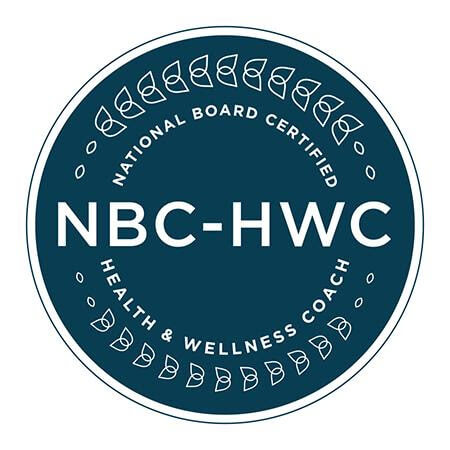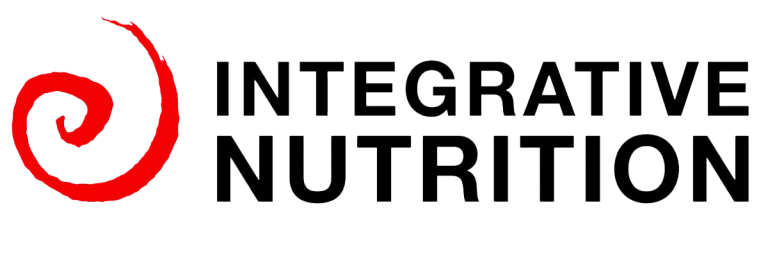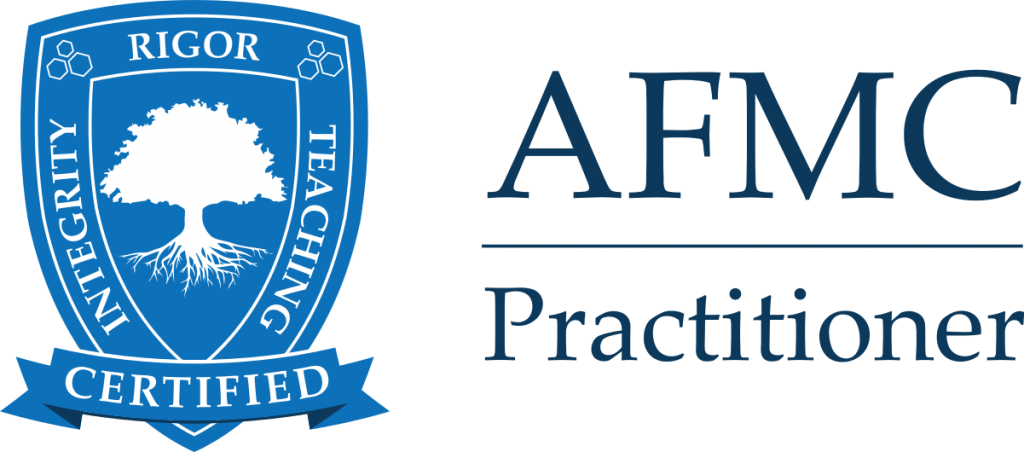Intermittent Fasting and Ramadan – What do they have in common and how to prepare for it?
- Nadia Kawash
- Insights
Hey everyone, the month of Ramadan is approaching and I thought this would be a great topic for this month’s newsletter because many of my clients always ask how can we maintain eating healthy during the month and what can we eat!
I would like to talk a little bit about fasting because we are beginning to notice that many health experts are recommending the form of intermittent fasting as a means of a healthy lifestyle. It has been scientifically proven to promote weight loss and it has many other significant health benefits.
Intermittent fasting restricts “when” you can eat, versus “what” you can eat.
With this type of fasting we do not count calories. What we are really trying to do is to shrink our window of eating food. We can shrink anywhere from 12 to 16 hours. Our last meal being dinner time and fasting all the way into the next day and skipping breakfast. We then will consume food from 12 noon until 6-7 pm where we should have consumed our 3 meals of the day within the 6-hour window. Remember we are not starving ourselves. We are nourishing our body with healthy clean meal options but at the same time allowing the body to kick start burning fat during the times of fasting at the same time doing some healing and repair. Fasting has been shown to improve biomarkers, the readings that we may see in our blood tests or physical tests – like blood pressure, cholesterol and glucose levels that may signal how susceptible we are to developing problems such as cardiovascular disease, diabetes and breast cancer. Fasting can also increase metabolic function, improve insulin resistance, reduce oxidative stress, moderate cravings, and help people become more-efficient fat burners.
Over decades, many religions have practiced fasting. It is a powerful form of both achieving heightened spirituality and testing one’s self discipline, and it can be quiet cleansing for the body and soul.
For those who are not fasting during Ramadan- you can choose a smaller window of fasting and begin slow and see how you feel- keeping yourselves very well hydrated throughout the day by drinking water only, then enjoy your meals during the window allowed. Eventually when you feel comfortable, you too can extend it to the Ramadan hours.
A recap about the benefits of intermittent fasting:
1. It’s a type of fasting that is relatively easy to implement (we begin with a fast of 12 hours and continue to lengthen.
2. It’s a type of diet that both men/ women can stick to and even embrace.
3. You don’t have to buy anything. It’s all a matter of eating clean food!
4. There is a lot of research that shows that intermittent fasting is effective and safe.

In my opinion, I aim to always eat clean. It is a way of life. Stay away from refined carbs, fried foods, and anything that comes in a box. Stay away from sugar and keep it in the raw form as much as possible. Make wise decisions when it comes down to how much you consider as “moderate”. Eat lots of good fats, vegetables, greens and a moderation of fruit.
When you apply this clean way of eating to your fasting regiment, the body needs to find energy reserves beyond stored glucose. Since the body can only store reserves for 24 hours only, the intermittent fasting will drop glucose storage levels way down; and your body will begin to burn fat instead.
If you break your fast on a diet consumed of sugar and refined carbs then you are not going to dig into the glucose reserves and you will not maximize on the possible health benefits you could have achieved otherwise.
What makes for a healthy meal plan?
• 20% healthy protein (organic eggs, grass-fed beef, wild caught fish etc.)
• 30% healthy fats made from:
- Saturated fats such as grass-fed butter, ghee and coconut oil.
- The healthy omega-9 fatty acids that can be found in olive oil, avocados, sprouted nuts and seeds, and almonds in the raw form.
- The omega-3 fatty acids found in flax seeds, chia seeds and organic not farmed salmon.
- 50% healthy carbs (another way of saying a diet very low in unhealthy carbs!)
If you stick to this form of heathy eating you will very soon begin to experience the following benefits:
• Rapid and steady weight loss
• More energy and less fatigue
• Improved sleep
• More clarity
• Glowing skin and hair
• Improved health and feeling of well-being because the clean diet will help boost and regulate your hormones and bring them back into balance– you have heard me mention these hormones many times” cortisol and Insulin”. The choices you make on the diet will help control blood sugar and insulin, boost your immune system, help fight off cancer and activate something called autophagy that gobbles up the toxins and reduces inflammation. The diet will also help regulate you bowel movements.
For those who are fasting this month, you can begin preparing by weaning off coffee from now, and begin to drink more water. Begin to crowed in the foods that are mentioned and prepare a menu with the foods you should be eating more off. The more prepared you are the more likely you will stick with the meal plan. Share some of your dishes with family and friends and tell them that you are eating clean. This way they can support you and u can share a wonderful dish with them.
For those not fasting, you can begin with the small window of intermitted fasting of 12 hour fast and then consume your meals from noon to 6 pm. This is a great preparation into fasting the longer hours.
Hydrate as soon as you break your fast with water. Wait 30 minutes before eating- because we don’t want to dilute our stomach acid, we need it strong to help break down protein and minerals from the food and signal to our body to prepare secreting digestive enzymes to help further breakdown our carbs and fats. Many people go for prayer. Once they are back then they usually have a soup. Make sure to eat slowly and chew your food 25-30 times. Then have your main meal consisting of 20% protein, some veg. and salad, if you feel you need some grains, try to have 1/2 cup of cooked rice. 2 hours after your meal, drink more water to hydrate yourself very well for the following day. Try to have your fruits away from food (about 2 hours after eating).
Keep in mind that we are not feasting on food. The aim of fasting is to help kick start our metabolism, reset our hormones, help detoxify our liver from the processed foods and junk out there, show self-discipline and help the body repair and heal naturally.
I have noticed that gyms get heavily populated before breaking the fast. They are killing time and trying to get a workout in. I must caution those who do heavy exercise. Your body is dehydrated. Your veins and capillaries are thin and have no water in them. Your body is tired from the fast and is telling you to rest in order for it to do the repair that is needed only if you are “eating clean”. You can go for a walk, do stretching and yoga but pls do not do heavy exercise and body building because there is increased risk of a heart attack.
If you eat light as mentioned above, you can very easily go to the gym after your meal because you will feel light. You can have your soup and salad and go to the gym. Come back and have your main meal. This may not be ideal because of family gatherings but honestly ask yourself why are you doing it? What are you trying to achieve! Maybe it is time to change and embrace the new way of being healthy. Then you make the necessary choices and implement what works for you. Choose the days you go to the gym, walk/stretch and do yoga on the other days that you have family obligations.
I hope I have been able to shed some light on the effects of eating clean and when combined with fasting -if done properly, you can unlock so many health benefits. This is a step to move forward and incorporate it into your daily lifestyle. Please do not forget the importance of a daily exercise routine and working on reducing stress management.
I hope you will be able to follow through with the guidelines of what your plate should consist off even after Ramadan is over to continue reaping the benefits of better health.
If you need any help or guidance, you know where to find me. Drop me an email and I would be more than happy to help you out.
Always looking out for your health, Small Changes for a Healthier “U”.







